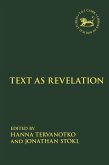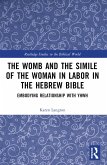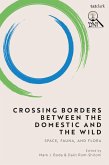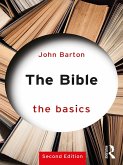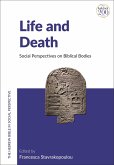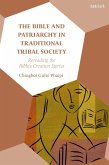Text as Revelation analyses the shift of revelatory experiences from oral to written that is described in ancient Jewish literature, including rabbinic texts. The individual essays seek to understand how, why, and for whom texts became the locus of revelation.
While the majority of the contributors analyze ancient Jewish literature for depictions of oral and written revelation, such as the Hebrew Bible and the literature of the Second Temple era, a number of articles also investigate textualization of revelation in cognate cultures, analyzing Egyptian, Mesopotamian and Greek sources. With subjects ranging from Ancient Egyptian and Sibylline oracles to Hellenistic writings and the books of Isaiah, Deuteronomy and Jeremiah, the studies in this volume bring together established and new voices reflecting on the issues raised by the interplay between writing and (divinatory) revelation.
While the majority of the contributors analyze ancient Jewish literature for depictions of oral and written revelation, such as the Hebrew Bible and the literature of the Second Temple era, a number of articles also investigate textualization of revelation in cognate cultures, analyzing Egyptian, Mesopotamian and Greek sources. With subjects ranging from Ancient Egyptian and Sibylline oracles to Hellenistic writings and the books of Isaiah, Deuteronomy and Jeremiah, the studies in this volume bring together established and new voices reflecting on the issues raised by the interplay between writing and (divinatory) revelation.



